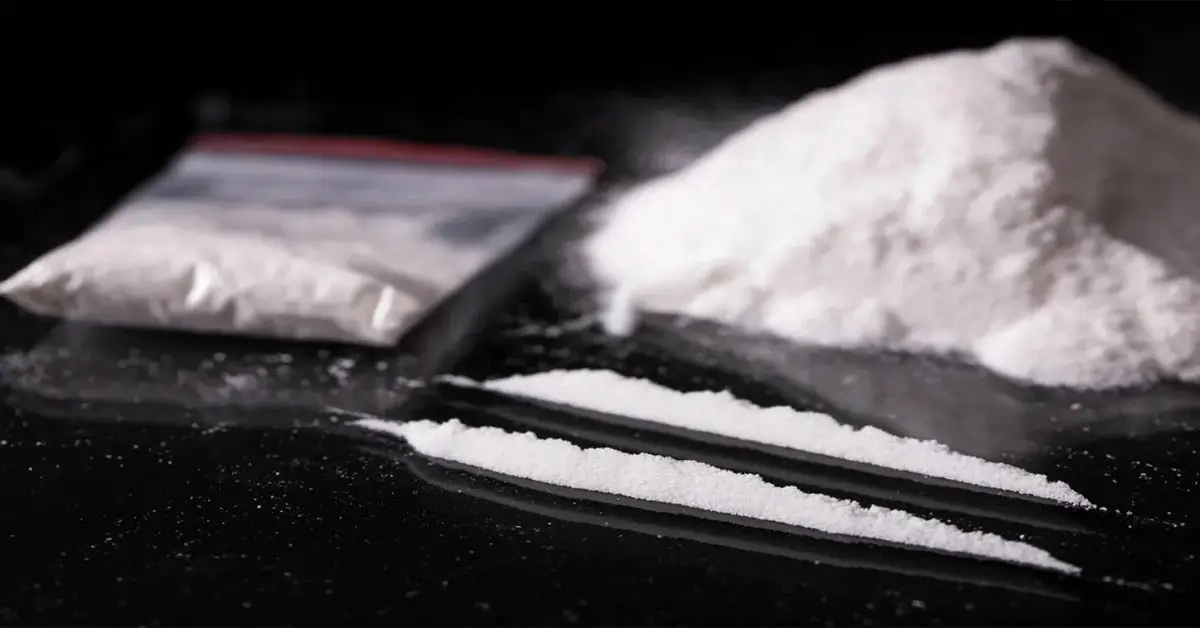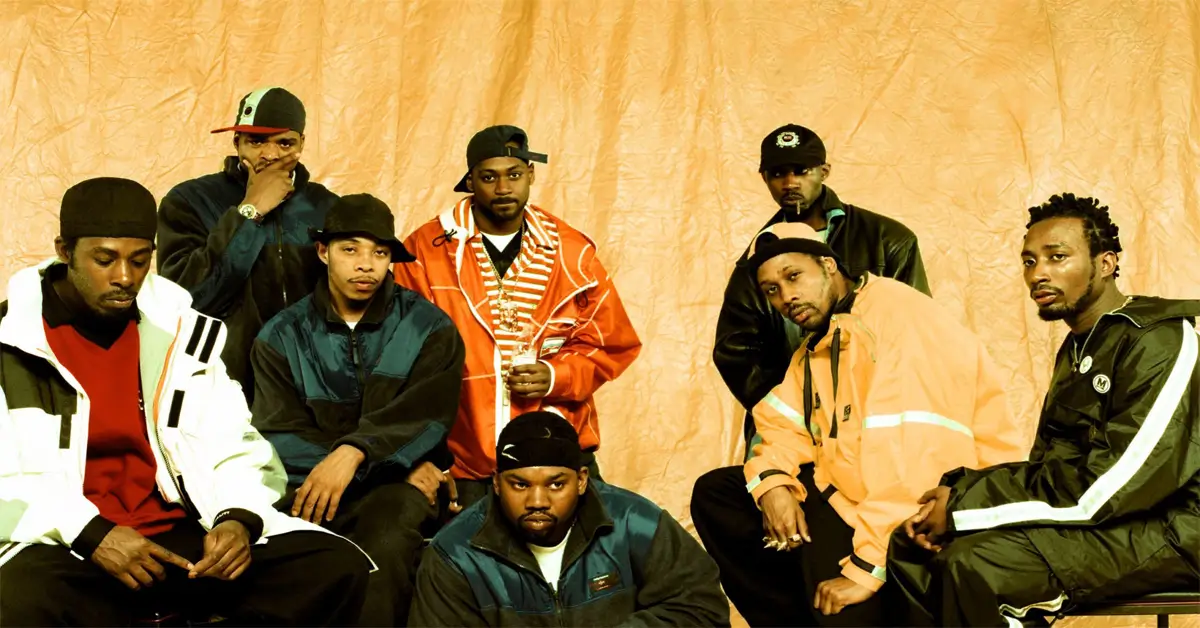Two Canadian Companies Can Now Legally Sell Drugs
Two Canadian companies have been the green light by the federal government to produce and distribute cocaine, heroin, MDMA, or the psychoactive compound psilocybin found in magic mushrooms. While it’s been said that the drugs will be used for medical purposes and won’t be made freely available to the public, the announcements have caused some confusion and uncertainty.
On March 3, Sunshine Earth Labs released a statement explaining that last year the government agency Health Canada had given the company permission to legally possess, produce, sell, and distribute MDMA, coca leaf, and cocaine. As of January 2023, that was expanded to include opium, morphine, and diacetylmorphine (the technical term for heroin).
The week prior, cannabis processing company Adastra announced it’d received approval from Health Canada to legally produce and distribute psilocybin and cocaine.
Amid some confusion around the announcement, the company then released another statement to clarify their new release, noting they won’t be able to sell cocaine to the public.
“The Dealer’s Licence issued to Adastra Labs does not permit Adastra Labs to sell coca leaf, psilocybin or cocaine to the general public. For cocaine, and under the Dealer’s Licence, Adastra Labs is only permitted to sell to other licensed dealers who have cocaine listed on their licence including pharmacists, practitioners, hospitals,” Adastra said in an updated statement.
The initial announcement by Adastra Labs, which is based in British Colombia, caught the attention of BC Premier David Eby who said he was “astonished” that Health Canada has granted a cannabis company the right to possess, produce, sell, and distribute cocaine.
“It is not part of our provincial plan,” Eby told reporters, adding that he will be chasing Health Canada for answers.

Massive Increase In Drug Overdoses
The news comes against the backdrop of the massive increase in drug overdoses that Canada has endured in recent years. The prime culprit is the rise of potent opioids like fentanyl and its analogs, which are cheaper than heroin and often used as a cutting agent. The situation is particularly severe in BC, with drug overdoses claiming the lives of almost 2,300 people in 2022.
To ease the problem, BC recently announced a three-year exemption under the law to remove criminal penalties for people who possess a small amount of certain illicit substances for personal use. The idea is to remove the stigma associated with drug dependency and encourage people to seek help or use drugs in a safer way.
While there’s some uncertainty around the drug companies’ announcements, it looks like the recent approval given to Adastra is part of this wider plan to reduce and understand the impact of illicit drugs on Canadians.
“Harm reduction is a critically important and mainstream topic, and we are staying at the forefront of drug regulations across the board,” said Michael Forbes, CEO of Adastra.
“We proactively pursued the amendment to our Dealer’s License to include cocaine back in December 2022. We will evaluate how the commercialization of this substance fits in with our business model at Adastra in an effort to position ourselves to support the demand for a safe supply of cocaine,” continued Forbes.




